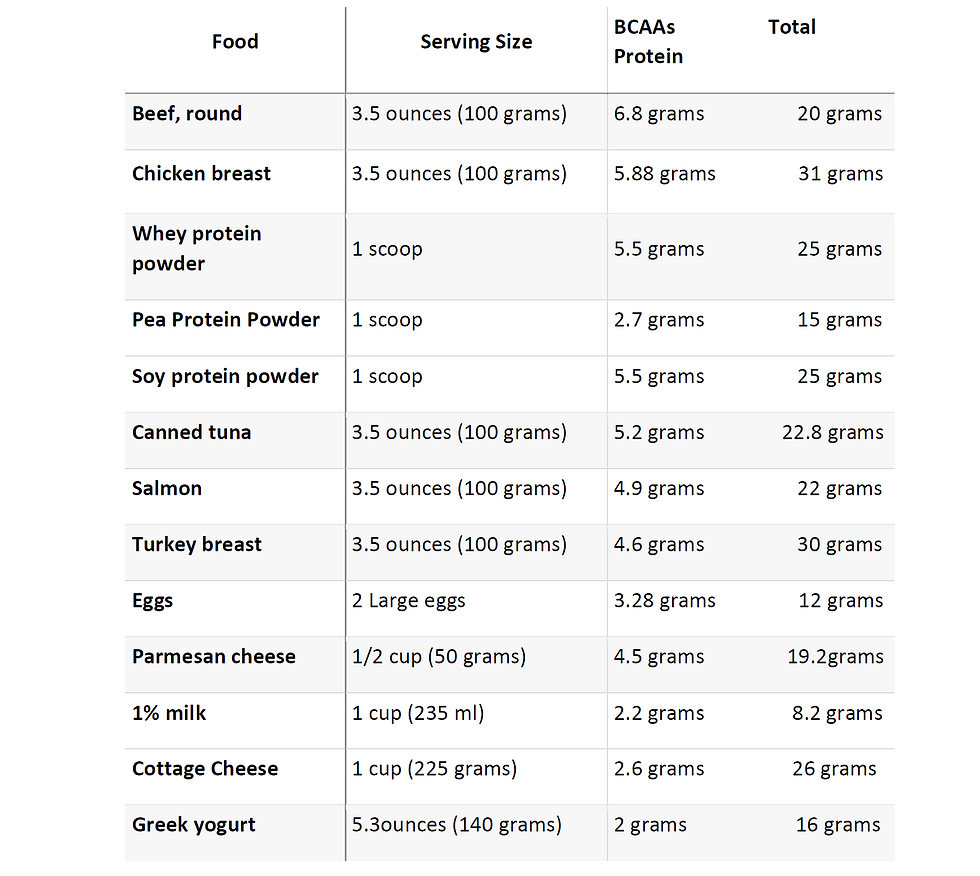Thinking of Skipping Breakfast? Think Again!
- neta994
- May 25, 2024
- 4 min read
Dietitian-Nutritionist, Maryann Gallucci, explains why protein is the most important nutrient for healthy aging, immune health, and muscle health, and why a morning meal high in protein is the best way to start your day.
By Maryann Gallucci

Protein and Muscle for Healthy Aging
One of the main organs for healthy aging and longevity is the skeletal muscle. As we age, muscle decreases beginning in our 30’s, decades before symptoms present. And as you lose muscle, you lose mitochondria (resulting in less energy) and your metabolism slows down.
This loss of muscle is also associated with chronic disease, especially diseases of aging such as sarcopenia, obesity, type 2 diabetes, insulin resistance, and brain health. That is why it is so important to maintain muscle for optimal health, but also for longevity.
Aim for Approximately 30% of Your Total Calories to Come From Protein
You can do this by strength training at least 3 times a week for 30 minutes and eating an optimal amount of protein daily. Recommended Dietary Allowance (RDA) for protein is .8 grams of protein per kilogram of body weight. That RDA is the bare minimum to prevent deficiency (it is not an optimal amount for many). That RDA has not changed since the 1970s. Protein is an ignored macronutrient. According to the Journal of Nutrition, Health, and Aging, 52% of women over the age of 50 eat even less than the RDA. The official Acceptable Macronutrient Distribution Ranges (AMDRs) were determined by the Food and Nutrition Board of the Institute of Medicine in 2005. The AMDR for protein was set at 10% to 35% of total calories for the planning and assessment of the diets of healthy people. For example for a 1500 calorie/day intake, the range for protein is between 37g (which is very low) to 131 grams per day (at the high end). Aim for approximately 30% of your total calories to come from protein.
"Eating foods high in protein has many benefits, including muscle building, weight loss, and feeling fuller after eating.", Dietitian-Nutritionist, Gallucci
Our goal is to build, preserve, and keep muscle healthy. Both the quantity and the quality of protein are important. There are 20 amino acids needed to make protein. 9 of these amino acids are essential (meaning we must take them in from the foods we eat, the body cannot produce them).
Out of the essential amino acids, three stand out, which are the Branch Chain amino acids: Leucine, Isoleucine, and Valine. This is where the protein quality comes in.
Branch chain amino acids are highest in animal-sourced foods. You can obtain it from plant-based foods however, in comparison, to get the same amount of protein that one small chicken breast provides, you would need to eat 6 cups of quinoa to obtain that same amount. Most plant-based foods are not complete proteins and do not contain all 9 essential amino acids. They need to be combined with foods that contain limited amino acids.
Plant-Based Proteins
The plant-based foods that are complete proteins and should be included in your diet, especially if you are vegan include, tofu (22gm per ½ cup, tempeh (31gm per cup, 15grams per 3 oz.), quinoa (8 grams per cup) pistachio nuts (6 grams per 1ounce serving or 49 pistachios), Pea Protein (8 grams per cup) and Buckwheat (5.6 grams per cup). Meeting optimal protein needs with high-quality protein may be more challenging (but not impossible) on a plant-based diet.
"To get the same amount of protein that one small chicken breast provides, you would need to eat 6 cups of quinoa.", Dietitian-Nutritionist, Gallucci
Start Your Day by Eating Protein
The first meal of the day is the most important since we wake in a catabolic state. Coming off an overnight fast, aim for 30g to 50g of protein in your first meal. Dietary protein will decrease hunger and possibly eliminate cravings later in the day. Protein also regulates appetite, and it takes more calories to digest protein. Be sure to also eat a protein meal within 30 minutes to 1 hour after a workout. Here are some recommendations to help get approximately 30 grams of protein for breakfast:

Protein is the most important nutrient for healthy aging, immune health, and muscle health. Eating foods high in protein has many other benefits, including muscle building, weight loss, and feeling fuller after eating. Protein quality matters for providing essential amino acids.
Branch chain amino acids including Leucine are key for muscle synthesis. Start your day by having plenty of protein in the morning and spread it throughout the day.
Below is a chart indicating the amounts of quality protein as well as amounts of branch chain amino acids (including leucine)


About Dietitian Nutritionist, Maryann Gallucci



Thank you,. I learned a lot
Thank you!